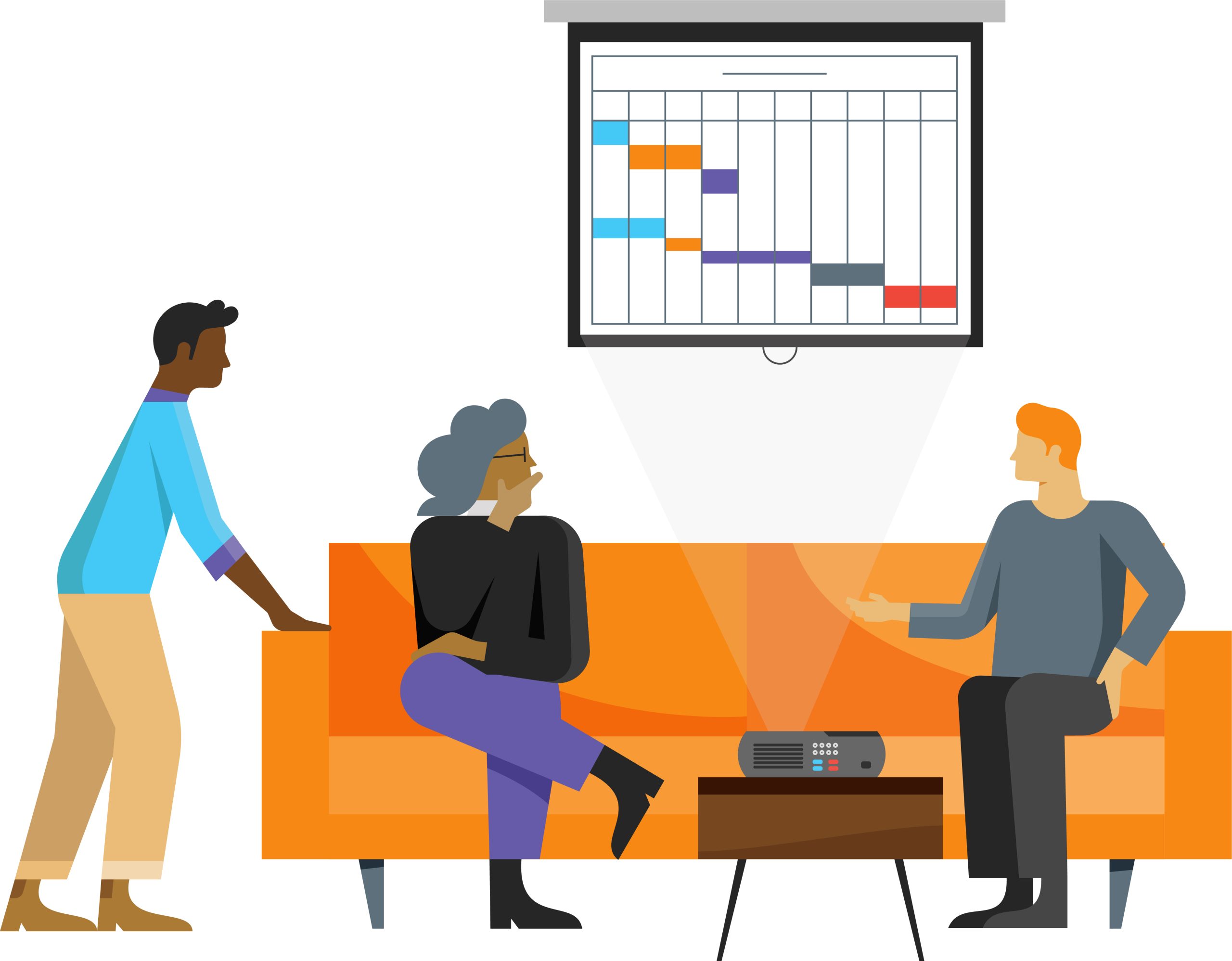The safe house feels like a home. It’s a simple concept, but one that makes LifeWay Network stand out as a nonprofit supporting survivors of human trafficking. There’s a living room, a private bathroom, a kitchen where the women prepare and share their meals. In contrast to the more common shelter model, no more than two women share a bedroom, which they’re encouraged to decorate to make their own. The women live together, eat together, heal together. “Our structure is a family setting,” explains Marion Kendall, Executive Director, LifeWay Network.
This attention to detail and focus on community is consistent throughout LifeWay’s tailored approach to its work. “Healing looks differently for every single person,” says Kendall. “We use a trauma-informed lens and a survivor-informed lens to provide these sensitive and transformative support services.” Some women need time alone. Others seek family. Some heal through yoga or art, others through work.
But LifeWay’s work providing safe housing and programs to survivors and preventative education to the general public is limited by its access to money needed to make lasting change. Like many other community-centered nonprofits, LifeWay runs up against funding restrictions from government and philanthropic funding. Kendall writes in a Philanthropy News Digest opinion piece:
“Our model is highly effective but at odds with an inflexible funding system that often prescribes a single limited approach. In the interest of maintaining outstanding outcomes for the women who rely on us, we’ve had to forgo funding – particularly government funding – that would have hampered our ability to deliver what our clients need.”
Flexible funding is crucial for community-centered nonprofits like LifeWay to make lasting changes in their communities and the world.
Credible messengers shape the work
At the center of LifeWay’s work are credible messengers – people with lived experience in human trafficking. “They have such a bird’s eye view on the problem that is a lot more important than an outside observer,” says Kendall. LifeWay’s unique model allows for women to heal in their own ways and advocate for their needs, helping to shape the nonprofit’s work along the way.
Community-centered nonprofits like LifeWay are credible messengers of the social sector. They listen to and learn from community needs, provide programming to meet those needs, and advocate for funding to support those programs. They know best how to navigate community issues and opportunities.
The challenge for organizations like LifeWay is convincing funders to shift from imposing top-down requirements to responding to grassroots needs. LifeWay’s model defies the strictures of traditional government contracts and foundation grants because its programming is designed around survivors’ healing, not contractual obligations.
In order to do its best work, LifeWay needs flexible funding to support its safe housing model and meet the unique needs of each woman in its programs. This requires building trust and understanding between funders and nonprofits. The effects of flexible funding and general operating support grants can be world-changing.
Making the case for flexible funding
NFF’s work with LifeWay began in 2020 in the heart of social unrest and the COVID-19 pandemic. As LifeWay adapted the way it provided services for survivors of trafficking, NFF worked with their leaders on financial decision-making to sustain the work – things like multiyear planning, budgeting, and finding funding opportunities. NFF also helped LifeWay tell its financial story to make the case for the flexible, full-cost funding needed for the organization to do its best work.
“NFF has helped us to craft out a language and a narrative to share with funders to show them without the human capital, the programs cannot be realized,” says Kendall. “That is probably my biggest takeaway in support from NFF – is how to tell that story for both capacity building and for program sustainability.”
Centering community to increase impact
Organizations like LifeWay Network are reimagining the way nonprofits supply essential services – and the way those services are funded. Their creativity and dedication make them essential partners in creating a more just and equitable society. But to make it work, they need funder support.
Are you a funder looking to increase your impact? Learn how partnering with NFF can help create more equitable and effective funding flows to address the world’s greatest challenges.


